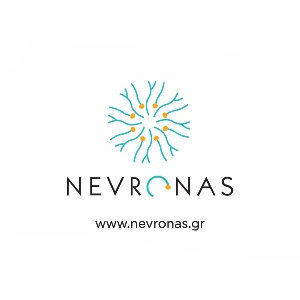Βραβείο 2021

Βραβείο 2022

Στρατηγικός συνεργάτης

Υποστηρικτές Επικοινωνίας


Open access article: ( https://pubmed.ncbi.nlm.nih.gov/33588579/ )
Abstract
This study explores autistic women’s experiences of eating disorder services. Estimates suggest that 20%–30% of women in treatment for anorexia nervosa display diagnostic features characteristic of autism. Research suggests that autistic individuals’ needs are not being met by standard anorexia nervosa treatments. In the current study, in-depth interviews were conducted with 15 autistic women with experience of anorexia nervosa, 12 parents of autistic women with anorexia nervosa, and 11 eating disorder healthcare professionals. Using thematic analysis, three overarching themes were identified: misunderstanding autism and autistic traits, one treatment does not fit all, and improving accessibility and engagement within services. We found that there were diverse barriers facing autistic women when in treatment for anorexia nervosa, and these were accentuated by a lack of autism understanding within eating disorder services. Future research should focus on developing interventions that are tailored to the specific needs of autistic individuals with anorexia nervosa.
Lay Abstract
This study explores autistic women’s experiences of eating disorder services. About 20%–30% of people with anorexia nervosa are also autistic, and current treatments seem not to work as well for them. We interviewed 15 autistic women with experience of anorexia nervosa, 12 parents of autistic women with anorexia nervosa, and 11 healthcare professionals working in eating disorder services. We asked autistic women and parents about their experiences of eating disorder services, and we asked healthcare professionals about their experiences treating autistic women with anorexia nervosa. Participants’ views were represented by three overall themes: misunderstanding autism and autistic traits, one treatment does not fit all, and improving accessibility and engagement within services. We found that autistic women face many barriers when in treatment for anorexia nervosa, often because of a lack of autism understanding within eating disorder services. Future research should look at developing anorexia nervosa treatments that can specifically help autistic individuals.
Citation: Babb C, Brede J, Jones CRG, Elliott M, Zanker C, Tchanturia K, Serpell L, Mandy W, Fox JRE. 'It's not that they don't want to access the support . . . it's the impact of the autism': The experience of eating disorder services from the perspective of autistic women, parents and healthcare professionals. Autism. 2021 Jul;25(5):1409-1421. doi: 10.1177/1362361321991257. Epub 2021 Feb 15. PMID: 33588579; PMCID: PMC8264634.